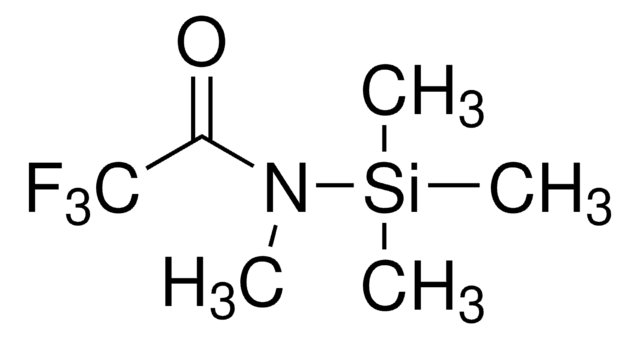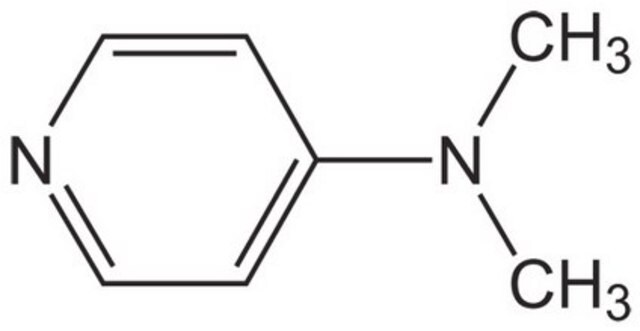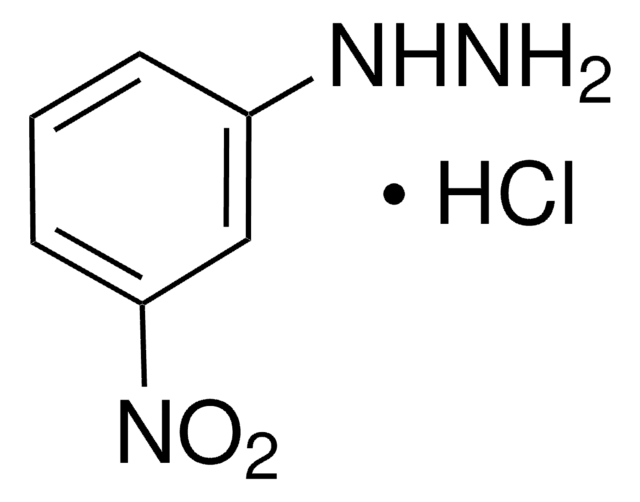About This Item
20 mmHg ( 25 °C)
Recommended Products
grade
HPLC grade
vapor density
2.72 (vs air)
vapor pressure
10 mmHg ( 13.2 °C)
20 mmHg ( 25 °C)
Assay
≥99.9%
form
liquid
autoignition temp.
899 °F
purified by
glass distillation
expl. lim.
12.4 %
technique(s)
HPLC: suitable
impurities
<0.050% water
evapn. residue
<0.0004%
refractive index
n20/D 1.509 (lit.)
pH
8.5 (25 °C, 15.82 g/L)
bp
115 °C (lit.)
mp
−42 °C (lit.)
density
0.978 g/mL at 25 °C (lit.)
λ
H2O reference
UV absorption
λ: 305 nm Amax: 1.00
λ: 315 nm Amax: 0.15
λ: 335 nm Amax: 0.02
λ: 350-400 nm Amax: 0.01
application(s)
food and beverages
SMILES string
C1=CN=CC=C1
InChI
1S/C5H5N/c1-2-4-6-5-3-1/h1-5H
InChI key
JUJWROOIHBZHMG-UHFFFAOYSA-N
Looking for similar products? Visit Product Comparison Guide
Application
- Enhancing Remediation Efficiency of Hyperaccumulators through Earthworm Addition: Explores innovative bioremediation techniques using cadmium, showcasing its utility in enhancing soil detoxification processes, vital for environmental restoration projects (Zhang et al., 2024).
Signal Word
Danger
Hazard Statements
Precautionary Statements
Hazard Classifications
Acute Tox. 4 Dermal - Acute Tox. 4 Inhalation - Acute Tox. 4 Oral - Eye Irrit. 2 - Flam. Liq. 2 - Skin Irrit. 2
Storage Class Code
3 - Flammable liquids
WGK
WGK 2
Flash Point(F)
68.0 °F - closed cup
Flash Point(C)
20 °C - closed cup
Regulatory Listings
Regulatory Listings are mainly provided for chemical products. Only limited information can be provided here for non-chemical products. No entry means none of the components are listed. It is the user’s obligation to ensure the safe and legal use of the product.
PRTR
Class I Designated Chemical Substances
FSL
Group 4: Flammable liquids
Type 1 petroleums
Hazardous rank II
Water soluble liquid
ISHL Indicated Name
Substances Subject to be Indicated Names
ISHL Notified Names
Substances Subject to be Notified Names
JAN Code
270407-BULK:
270407-4X4L:
270407-2L:4548173935232
270407-12X100ML:
270407-10L:
270407-1L:4548173935225
270407-4L:
270407-500ML:
270407-100ML:4548173935218
270407-VAR:
Choose from one of the most recent versions:
Already Own This Product?
Find documentation for the products that you have recently purchased in the Document Library.
Customers Also Viewed
Our team of scientists has experience in all areas of research including Life Science, Material Science, Chemical Synthesis, Chromatography, Analytical and many others.
Contact Technical Service






